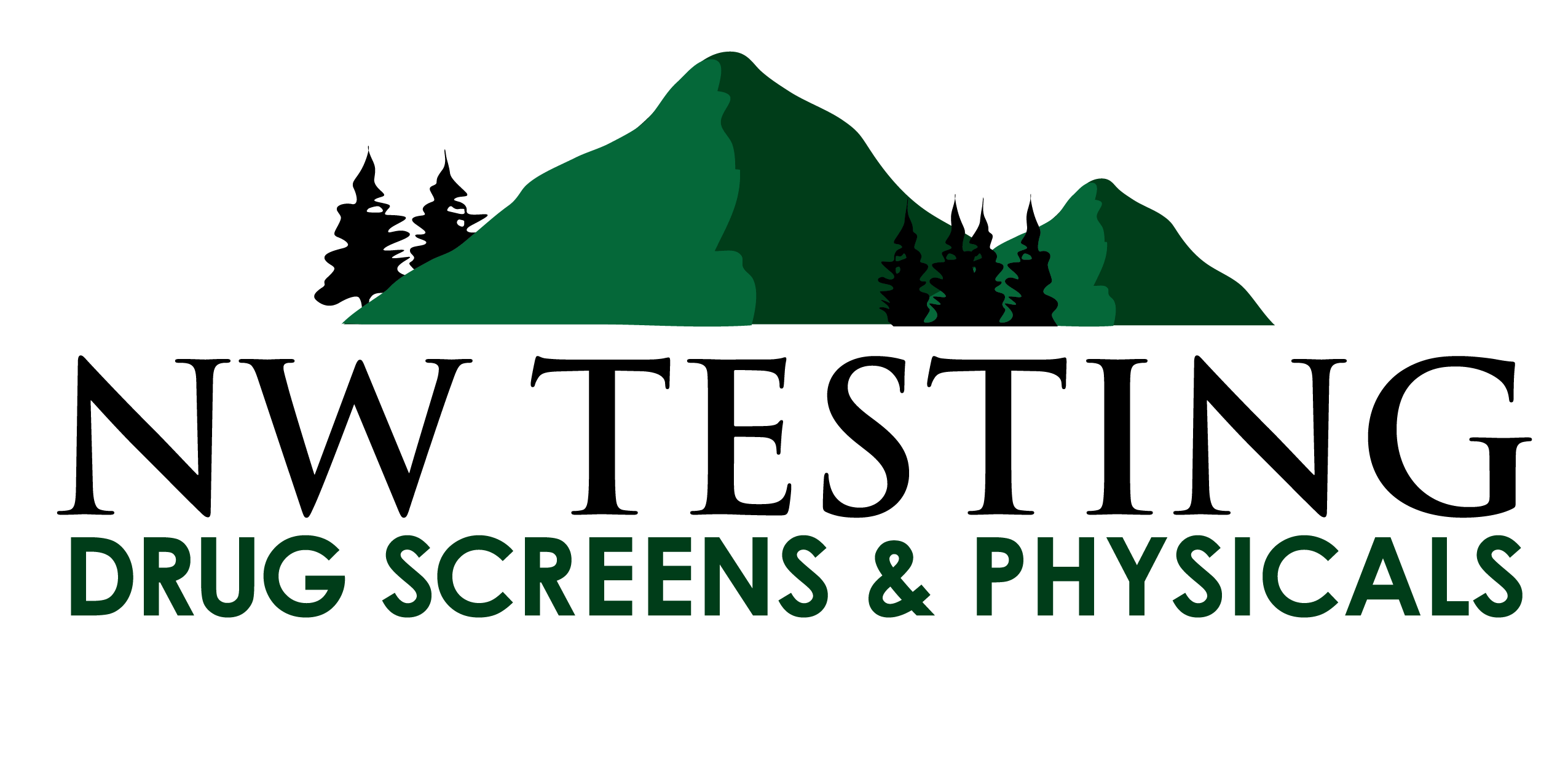Understanding Washington State’s New Cannabis Testing Law

As of January 1st, 2024, Washington State is set to implement a groundbreaking law that will reshape how employers approach cannabis (marijuana) testing in the workplace. This law will have far-reaching implications for hiring practices, drug testing policies, and employee rights. It’s crucial for employers to understand the intricacies of this new legislation to ensure compliance and navigate the evolving landscape effectively.
Background: Washington State’s new cannabis testing law marks a significant departure from traditional approaches to drug testing in the workplace. Under this law, employers will no longer be able to make hiring decisions based solely on off-duty cannabis use or positive pre-employment drug test results for non-psychoactive cannabis metabolites.
Key Provisions:
- Off-Duty Cannabis Use: Employers are prohibited from using off-duty cannabis consumption as a basis for hiring decisions. This means that an individual’s lawful use of cannabis outside of work hours cannot be used against them in the hiring process.
- Pre-Employment Testing: As of January 1st, 2024, employers will no longer be allowed to test job applicants for cannabis metabolites (THC) as part of pre-employment screening. However, there are exceptions for certain positions requiring federal background checks or security clearances, law enforcement, firefighting, first responders, corrections officers, airline/aerospace industry roles, and safety-sensitive positions.
- Federal Compliance: While Washington State’s law prohibits pre-employment cannabis testing, it does not preempt federal laws or requirements related to drug testing. Employers may still be subject to federal drug testing regulations, particularly in industries receiving federal funding or requiring federal licensing.
This new law presents several implications for employers in Washington State:
Employers must review and update their drug testing policies to comply with the new legislation. This includes removing pre-employment cannabis testing requirements and ensuring that drug testing practices align with state and federal laws.
Key Changes in the Law:
One of the most significant changes in Washington State’s new cannabis testing laws is the prohibition on making hiring decisions based solely on off-duty cannabis use or positive pre-employment drug test results for non-psychoactive cannabis metabolites. This represents a departure from previous practices, where employers often used cannabis testing as a screening tool to exclude potential candidates.
Education and Training:
Employers should educate their HR staff, hiring managers, and employees about the changes to cannabis testing laws and their implications for the workplace. Training programs can help ensure that everyone understands their rights and responsibilities under the new law.
Compliance Monitoring:
Employers should monitor compliance with the new cannabis testing law and stay informed about any updates or developments in state and federal regulations. Regular review of drug testing policies and practices will help mitigate legal risks and ensure a fair and equitable workplace environment.
Moving Forward:
As the effective date of the new cannabis testing law has already passed, and now employers must take proactive steps to ensure compliance and readiness. This includes reviewing existing drug testing policies, providing education and training to employees, and staying informed about legal developments in cannabis regulation.
Conclusion:
Washington State’s new cannabis testing law represents a significant shift in how employers approach drug testing and hiring practices. By understanding the key provisions of the law and taking proactive steps to comply, employers can navigate the changing landscape and maintain a fair and inclusive workplace environment for all employees.
IMG Credit: Shidlovski
